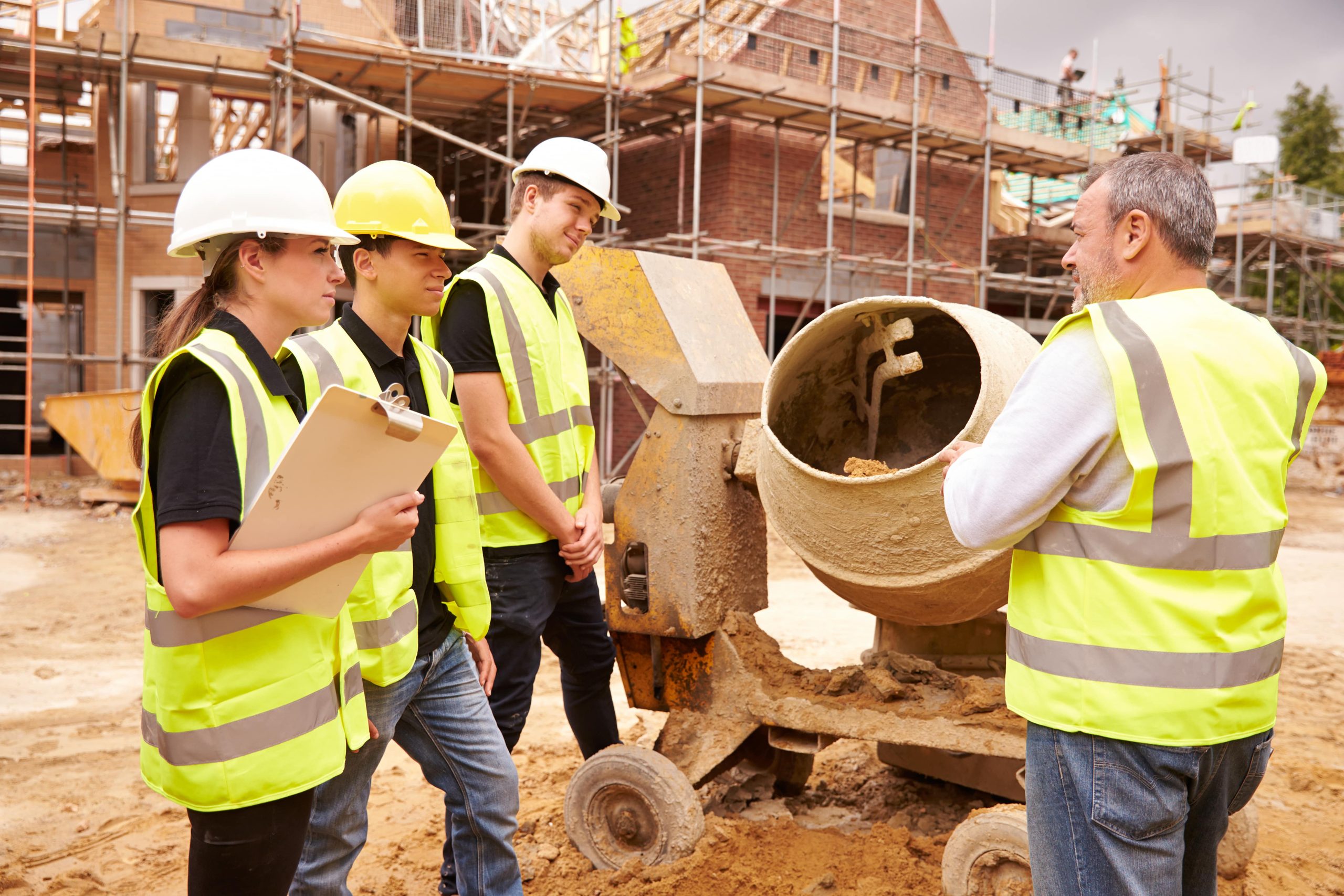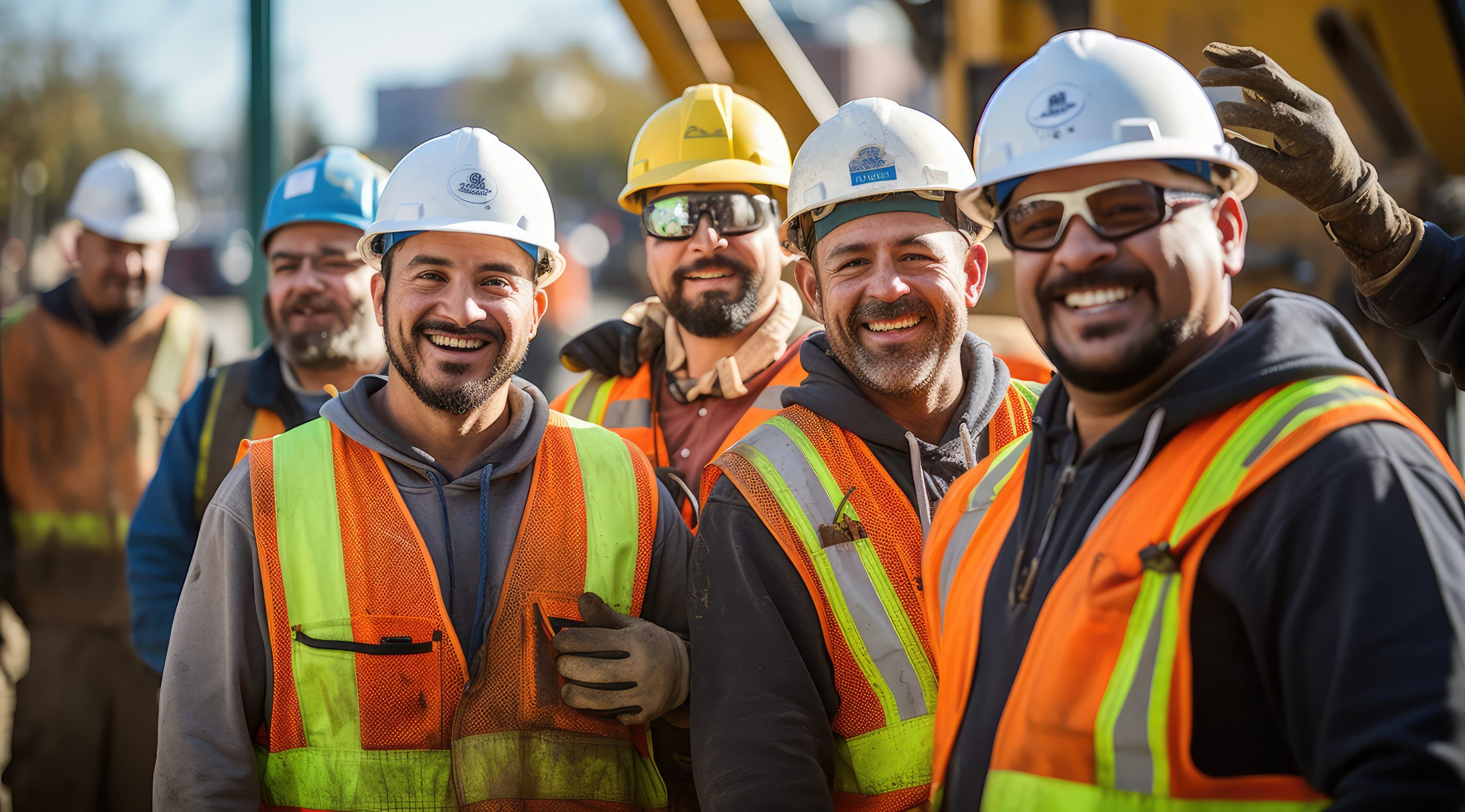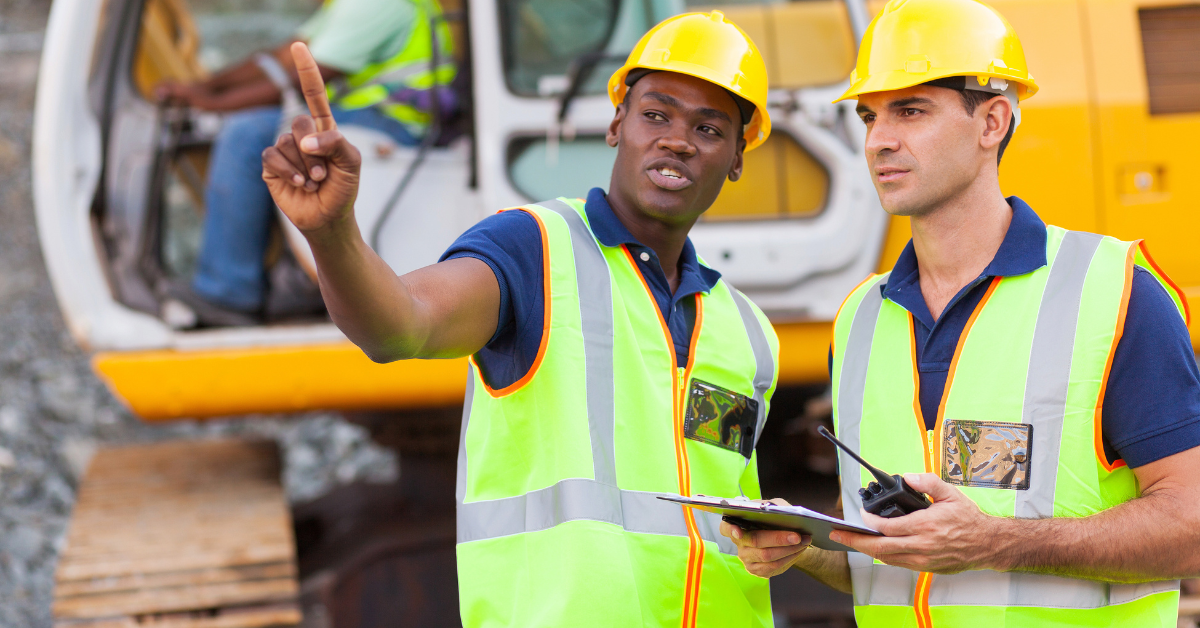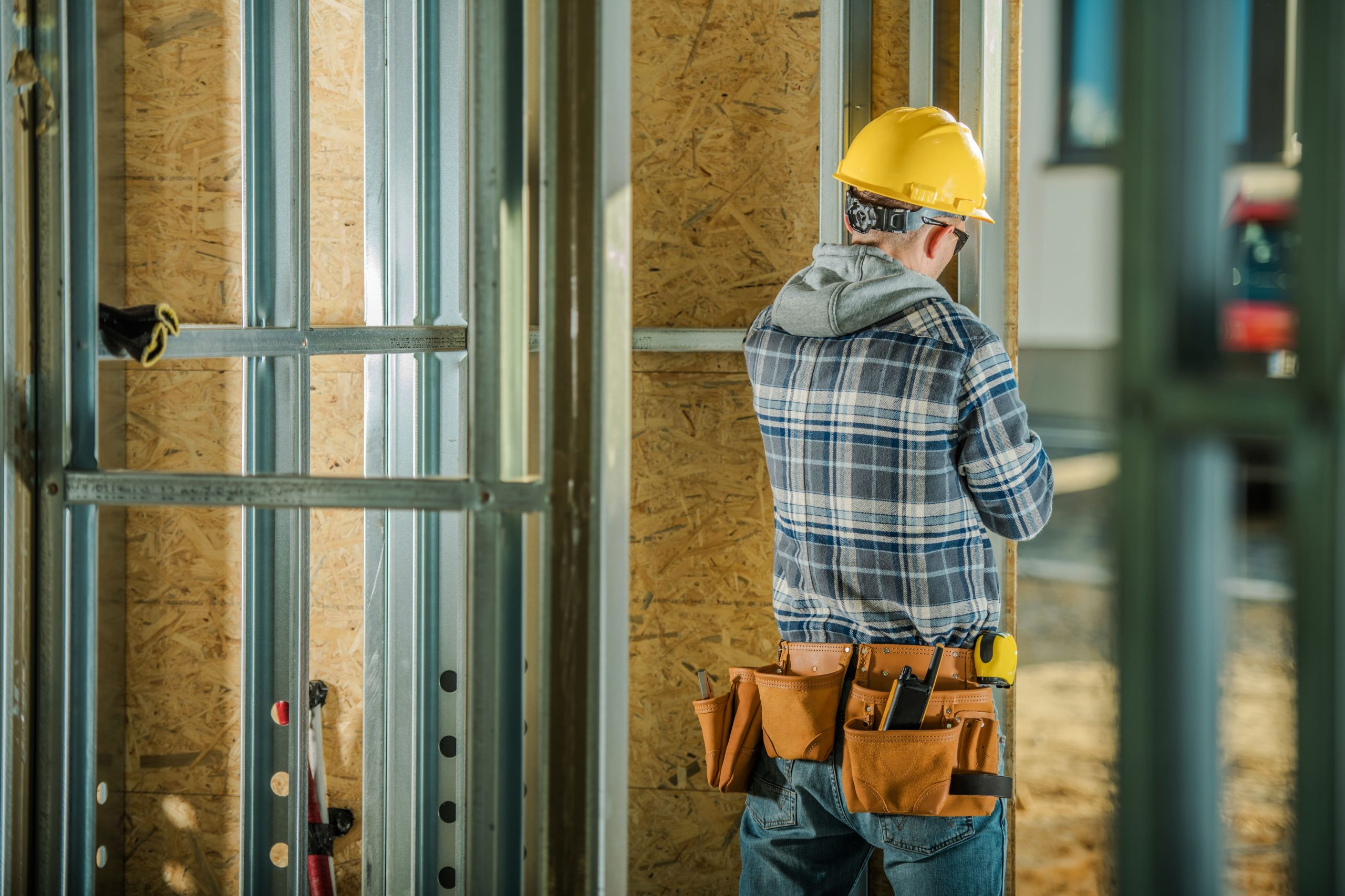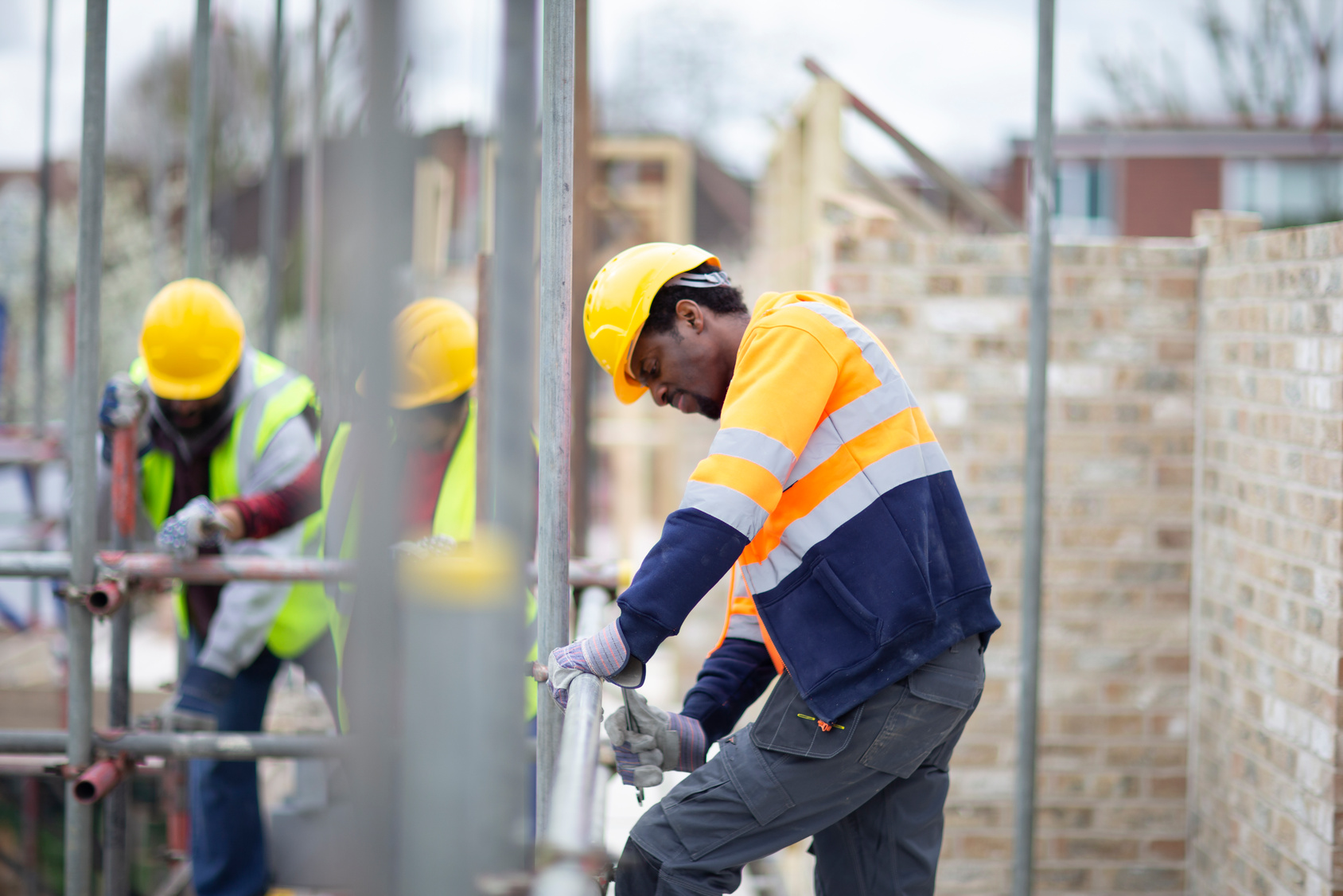From mixing cement and asphalt for foundations and roadways to digging trenches for pipes and wires, construction laborers wear many hats on the job site. Working with construction equipment, power, and hand tools is all part of their daily routine. During a construction project, laborers may assist contractors and tradespeople
Construction workers are required to perform various tasks as a site supervisor directs. Since their shifts typically begin with site preparation and end with loading fixtures and equipment, they are often the first and last workers on a construction site.
Primary Role and Responsibilities of a Construction Laborer
Due to the wide range of construction fields and specializations, no two days on the job are ever the same for a construction worker. Even so, many of the essential responsibilities are consistent across the postings we looked at:
1. Decontaminate and Set Up Sites for Building
Workers in the construction industry explicitly work sites of debris by hand or with the aid of heavy equipment. They may remove large debris that could cause delays or hazards, such as brush and small trees or stones from dig sites. Likewise, workers are responsible for erecting temporary structures like scaffolding to guarantee that all site areas are accessible.
2. Move Cargo Around
On the job, construction workers transport and unload trucks containing materials. They could bring in a truckload of cinderblocks for the base or maybe some lumber for the framing.
Furthermore, many construction workers are responsible for loading and unloading tools and materials. It can mean anything from installing the water heater and furnace in a commercial building to installing the dishwasher and refrigerator in a home.
3. Make Holes and Dig Tunnels
Many construction workers also have to dig holes. Construction workers excavate sites by hand with tools like shovels and pick and use heavy machinery like excavators and backhoes to lay the groundwork.
On new construction sites, they might also be responsible for digging trenches for drainage, electrical piping, and other utility lines before any further work begins.
4. Take Care to Preserve Site Security
Workers in the construction industry contribute to a secure worksite by repairing tools, removing hazards, and cleaning up after contractors. It is essential for construction workers involved in demolition and roadwork, where leftover materials can pose risks to workers and the public.
5. Assist Third-Party Vendors
Besides collaborating directly with general contractors, some construction workers also assist in the tasks of other tradespeople. Some of the laborer’s work aids in these pursuits, and occasionally, the laborer offers supplementary aid. Depending on the circumstances, workers may be called upon to perform various tasks.
Competencies Required for a Construction Laborer
Workers in the construction industry need to be in good physical condition so that they can lift heavy objects and use various power and hand tools. Companies prefer candidates with the following skills for this entry-level position:
1. Work that Requires Using One’s Muscles
The construction industry requires much physical exertion in lifting, bending, and stretching.
2. Methods for Managing Time
Workers in the construction industry frequently shift between different types of work.
3. Ability to Express Oneself
To oversee construction workers and relay updates to the project manager.
4. Controlling Machines
Workers need to be proficient in using everything from forklifts to bulldozers.
5. Competences in Risk Management
Throughout the construction project, the laborers are accountable for ensuring the site is safe for everyone working there.
6. Maintenance
Construction workers are responsible for cleaning and maintaining a wide range of equipment, and as such, they should be able to make minor repairs and carry out standard maintenance tasks.
Is There a Minimum Age Limit or Educational Prerequisite?
To work as a construction laborer, you don’t need a college degree, which makes it an excellent option for people looking to enter the workforce. Most people who enter the workforce in the construction industry do so with little to no experience or education.
Jobs for those with less experience are available to those willing to take the time and effort to learn the necessary skills. It is common practice for construction workers to gain knowledge from more seasoned colleagues.
In the construction industry, apprentices are typically paired with a more seasoned worker to receive on-the-job training. But those serious about making it in the construction industry can boost their earnings potential and their chances of getting hired by completing a certification or apprenticeship program. Apprenticeships are typically two to four years long and consist of classroom instruction and on-the-job training.



